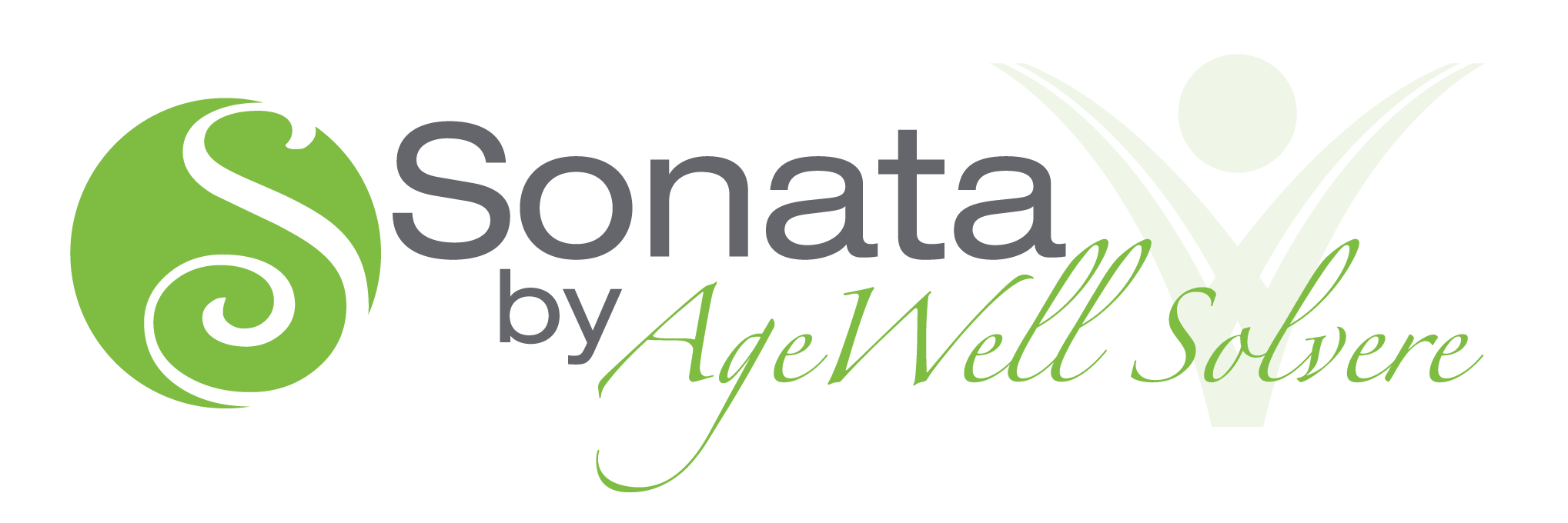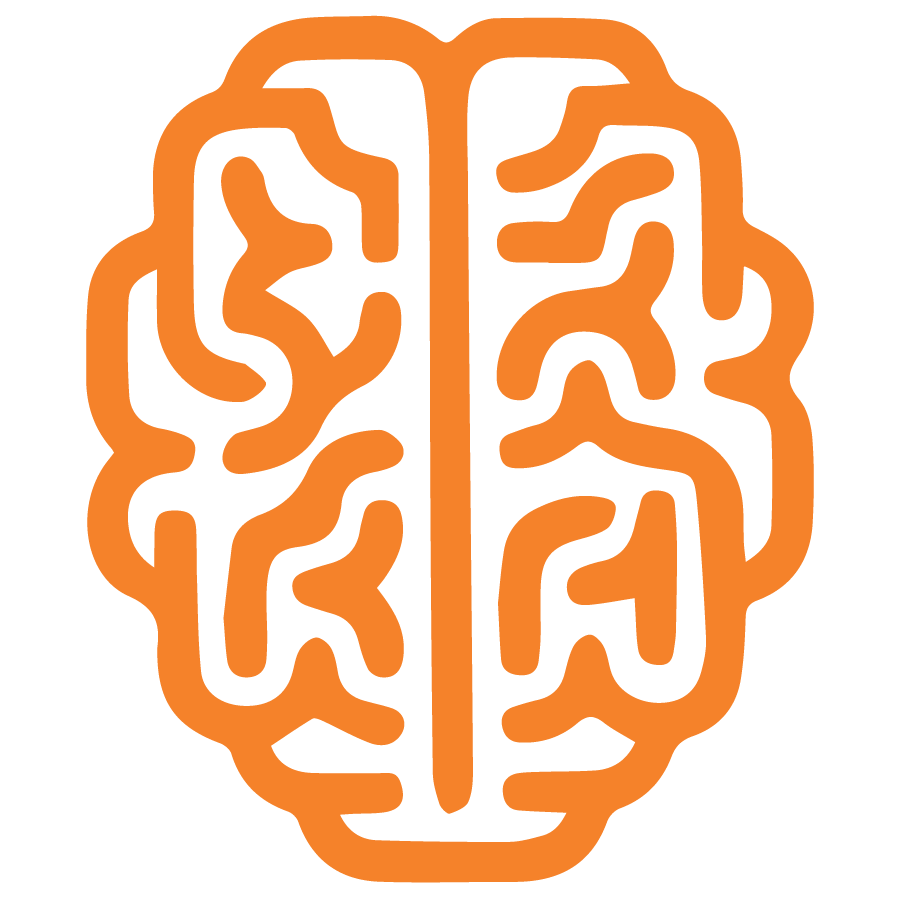 Menu
≡
╳
Menu
≡
╳
- Home
-
Lifestyle Options
-
COMMUNITIES
- Central Florida
- Southeast Florida
- Space Coast
- Treasure Coast
-
Programs
- Resources
- About
- Contact Us
 Menu
≡
╳
Menu
≡
╳
- Home
- Lifestyle Options
-
Communities
- Central Florida
- Southeast Florida
- Space Coast
- Treasure Coast
- Programs
- Resources
- About
- Contact Us
As we age, nutrition plays a vital role in quality of life, physical and mental health.
Whether we like it or not, physiological changes in the body make it more difficult to get the nutrition we need to maintain health and wellness as we age. It’s one reason why older adults are more vulnerable to chronic illness and infection. In fact, nutrient deficiency is the most common cause of a depressed immune system.
While not always noticeable, over time, aging causes biological changes in the body, including changes in muscle mass, metabolism, bone density and digestion, to name a few. In addition to changes in the body, some older adults find it difficult to cook and struggle with dental issues, chronic illness, or dementia.
Nutrition—and eating a healthy diet—is a significant factor to maintaining one’s health as these changes take place.
Aging and Weight
Eating poorly can lead to unwanted and unhealthy weight gain at any age, but it can also lead to dangerous weight loss for older adults.
Many older adults experience a loss of appetite that ultimately lead to nutrient deficiencies and other health problems. Adults over the age of 65 simply have a harder time achieving the recommended daily nutritional requirements.
Because people tend to slow down as they age, muscle mass and metabolic rates decline in response to less activity and exercise. Less activity decreases caloric needs, so older adults are also at risk of unhealthy weight gain.
Dieticians and nutritionists recommend eating nutrient-dense foods as a strategy for maintaining a healthy weight. Nutrient-dense foods are packed with vitamins, minerals and antioxidants.
Learn how The Dementia Diet incorporates nutrient-rich foods.
Aging and Nutrients
When we’re young, many of us can eat what we want and never experience any unwanted weight loss or gain. You can expect this to change with age. Changes in the body composition and lifestyle impact not only how much we eat, but how we process essential nutrients.
While we cannot prevent aging, we can thwart some of the unwanted side effects that come from aging by improving our diet and nutrition.
Specifically, getting sufficient levels of calcium, fiber, iron, protein, vitamins, and zinc in the diet or in supplement form is much more important to older adults. Here’s why:
Calcium – with age, women especially tend to lose bone mass at an accelerated rate, leading to osteoporosis. A diet high in calcium can provide protection against this disease and improve bone density.
Fiber – as we age, we produce less digestive enzymes, which slows down digestion. Dietary fiber is needed to maintain healthy bowl and digestive function.
Iron – anemia is common in older adults and is often attributed to an insufficient dietary intake of iron-rich foods and malabsorption. Foods rich in vitamin C and B-12 are known to assist with iron absorption.
Protein – protein is important for preventing the loss of lean muscle mass, which happens naturally in older adults. Many adults also have chronic inflammation, which increases the body’s need for protein.
Vitamin A – due to suppressed immune function, older adults are at a greater risk of infection. Vitamin A has been linked to T-cell response and immune function.
Vitamin B – vitamin B-12 becomes more difficult to absorb with age, so doctors often recommend supplements as a strategy to increase intake.
Vitamin C – vitamin C helps with healing and immune function. It is a strong antioxidant and helps protect the body against disease. It’s also been shown to lower blood pressure.
Vitamin D – older adults are at high risk of vitamin D deficiencies caused by decreased mobility, lack of sunlight, and changes to the skin. A lack of vitamin D in the diet can cause weakness, fatigue, changes in mood, and depression.
Zinc – age can compromise the body’s ability to absorb zinc from food, leading to a weakened immune system and increased susceptibility to infection.
Mental health is equally at risk as physical health in older adults. Specifically, a deficiency of vitamin B is known to affect cognitive functioning and cause depression in older adults, but according to the National Resource Center on Nutrition and Aging, as much as 30% of older adults are unable to absorb vitamin B-12 through food sources. In many cases, supplements are recommended to meet daily requirements.
Aging and Nutrient Deficiencies
Older adults are at higher risk for developing nutrient deficiencies due to a low dietary intake or impairment in absorption of nutrients in the body.
Due to changes in the digestive system, as we age, it becomes more difficult for the body to break down and absorb nutrients from food. Fortunately supplements can offer added protection.
There are a variety of age-related factors that contribute to nutrient deficiencies in older adults. These include:
- Changes in body composition (increased fat/decreased muscle mass)
- Changes in appetite and physiological function
- Sensory impairment or reduced sense of smell and taste
- Poor oral hygiene and dental health
- Gatrointestinal disorders
- Loss of cognitive function, i.e. dementia
- Medication interactions
Maintaining a healthy diet as an older adult can be especially challenging for those on medications or living with Alzheimer’s disease and dementia behaviors. Supplements are often recommended to offset the loss of vital nutrients that come with age.
Learn more about which supplements are required for healthy aging here.
Aging and Diet
When it comes to diet and nutrition, it’s important to make every bite count! While supplements can offer some help, nutritionists agree, it is always better to obtain nutrients from food.
Keep in mind, one food group cannot provide all the nutrients older adults need. Eating a variety of foods helps people get the full range of essential vitamins and minerals they need.
If you are wondering if you or your loved one are getting enough of the recommended nutrients you need for healthy aging and longevity, talk to your doctor or download the latest Dietary Guidelines for Americans.
Be sure to follow Sonata Senior Living on Facebook and Twitter for nutritional tips and guidance.
Sources
https://www.ncbi.nlm.nih.gov/pmc/articles/PMC6971894/
https://link.springer.com/article/10.1007/s13670-018-0241-5
https://www.dietaryguidelines.gov/sites/default/files/2021-03/Dietary_Guidelines_for_Americans-2020-2025.pdf
https://www.consumerreports.org/healthy-eating/how-older-adults-can-meet-their-protein-needs-a8954254493/
https://www.agingcare.com/articles/signs-vitamin-d-deficiency-in-seniors-176286.htm
If there is an older adult in your life who may benefit from better diet and nutrition, call Sonata Senior Living and
schedule a tour today.
EXPECT MORE PERSONALIZATION
Visit Sonata Senior Living and find out how personalized programming in assisted living promotes independence and well-being.







